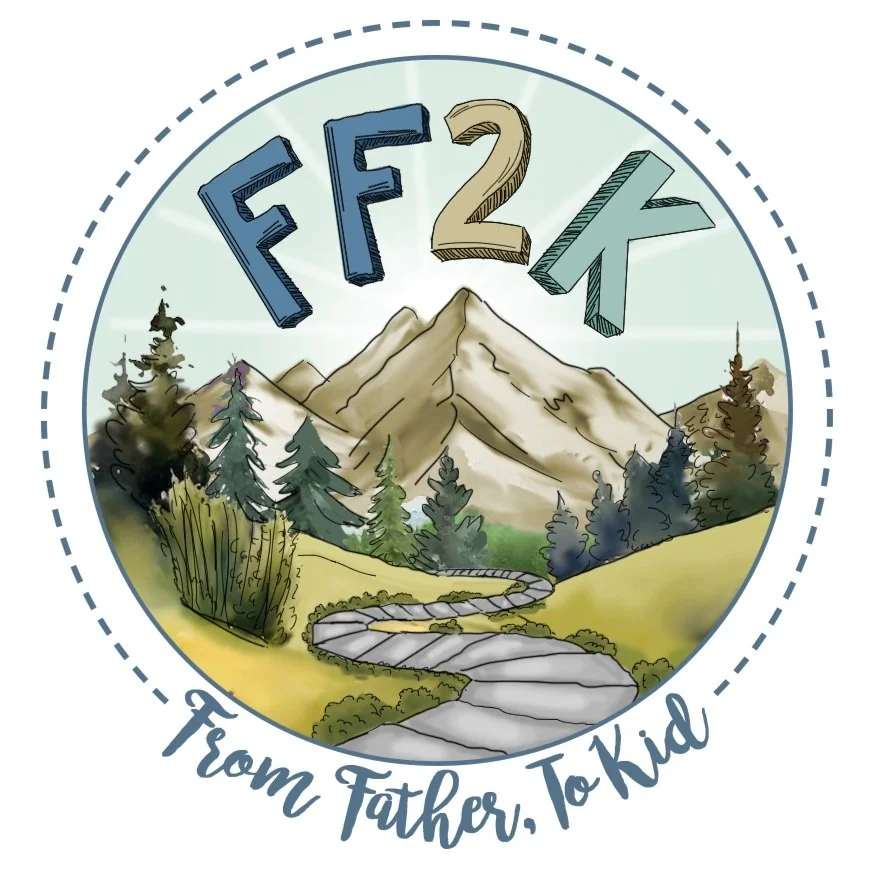Answers and Questions
“Always the beautiful answer who asks a more beautiful question.”
E.E. CummingsI've always hated the idiom "curiosity killed the cat." While it's origins might be have some legitimacy based on the dangers of unnecessary investigation and experimentation, my qualms are rooted in the ill-defined and highly subjective word of 'unnecessary.' As a result. the phrase serves less of a caution to the unnecessary and more of a condemnation to being curious.
Now I will admit, I am biased. My aversion to this rhetoric stems from my own inherent and unshakable curiosity. The statement therefore insinuates that a large part of me is "wrong," so of course I am not a fan. That said, and as I have mentioned before, I wholeheartedly believe that questions are where our unique opinions start and how we understand different perspectives.
What I want to add to that viewpoint is that while asking questions is great, simply imploring you to "ask the hard questions" is like me telling you to run a marathon. The basics seem so easy: just put one foot in-front of the other. But to run well, it takes technique, skill and practice. In the same way, learning to ask questions well doesn't come without practice; it is a skill that is acquired.
To be clear, while I agree that there are no dumb questions, all questions aren't equal. Some questions are better than others. And while it sometimes takes 'dumb' questions in order to get to better questions, make no mistake that the 'dumb' questions don't just magically turn into better ones. It is the combination of questioning at great volume paired with layering depth to each question to obtain truly insightful answers.
One method that I learned from from reading A More Beautiful Question by Warren Berger is the "five why" method, which I lovingly think of as the 'toddler method.' It is simple: after your initial question, ask "why?" five times after each answer. For example, if a college student asks themselves "why didn't I make an 'A' on that test?" the answer might be "I didn't study." Normally, people stop there. They didn't do well because they didn't study; so next time, study. So simple! Except that isn't always the case. It could be something more similar to this:
Why didn't I make an 'A' on that test? I didn't study.
Why? I didn't have the time.
Why? I didn't get home from work until 12:00 am.
Why? I needed the extra money to pay for rent.
Why? I am two months behind on rent.
Why? I am renting an apartment that I cannot afford.
Now we are talking about something completely different. The problem isn't studying at all. And until the actual problem is fixed, it will likely be hard ever to make a real change. Sometimes, it only takes three 'whys', and sometimes it takes ten, but the point is to keep probing until you get to the root of the answers.
Another method I use is simply restating questions or expanding upon them to distill answers into actionable steps. In the example below, I start with one of the most referenced questions in society (and in my opinion, a dumb question), and change it into an internal dialog that might lead to having a more meaningful life.
What is the meaning of life?
What is meaningful in my life?
What makes them meaningful?
What other things have similar characteristics?
How can I add these things to my life?
These are just two of what I am sure are hundreds (if not thousands) of methods, but my point is that inquisition is how we understand what is actually happening.
In my experience, answers are a commodity. If you haven't found the answer you are looking for, you probably aren't asking the right question. So instead of searching for answers, search for questions. And don't just search for any question, search for a more beautiful one.
P.S. I wish someone would have asked five "why?" the first time someone said "curiosity killed the cat." Maybe there was once a wolf named Curiosity.
